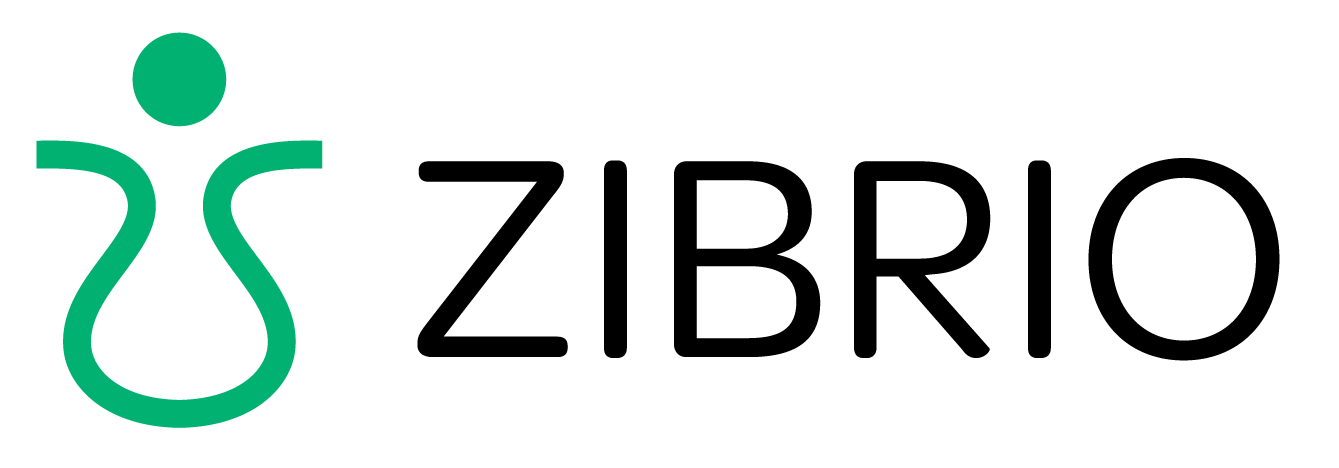'Senior' is a Dirty Word
Try this experiment: ask a random group of people the following question:
If you had to identify the kind of person you are, using only 3 words, what would those words be?
I'm willing to predict that the vast majority of the answers concern their job, spare time interest, such as a sport, and perhaps a characteristic, like 'kind' or 'energetic'. Some will mention religious affiliation, perhaps ethnic group or gender, some, that they are a parent. A very tiny minority will mention their age-group.
When I conducted this research myself, the only ones to fall into this latter group were people not yet 25 years old. I found that the older people were, the less they identified themselves by their age, or their relationship to family (many grandparents whom I know adore their grandchildren, did not choose 'grandparent' as one of their defining terms - or even 'parent').
And yet, companies and government agencies talk to and about 'Seniors' and 'Baby-Boomers' as if they are an homogenous group with the same aspirations, fears and experiences. I may be a 40-something mother of 2, but if I came across someone marketing a product to me in those terms, I'd be pretty sure to run a hundred miles in the opposite direction because those are not the things by which I choose to define myself.
So if you want me to choose your product, you'd better pay attention to that. And when companies talk to 30 and 40 year olds, most of them realize this and refine the pitch. Why then, do we expect people to lay down their individuality at the doorstep of a particular decade?
We recently participated in National Falls Prevention and Awareness Week (#FPAD15), lead by the National Council on Aging, and other agencies. Here in Houston, there have been a few well-attended events connecting users of community centers with advice on exercise programs and home safety. But the response from the press and a number of 'senior' living establishments has been somewhat underwhelming.
I wonder how much of that is because the help is being broadcast on the wrong channels? Perhaps if we used more positive language we might gain more interest, and therefore be able to help more people. We should be using labels like #ageDisgracefully or #DontLeaveitTotheKids for the adventurous set, #golfersDoitStanding (change the sport as appropriate), #brainsloveoxygen for culture vultures, and so on.
People of all ages hate being told where they are weak. It's time to celebrate how we are strong, and how to stay that way.
